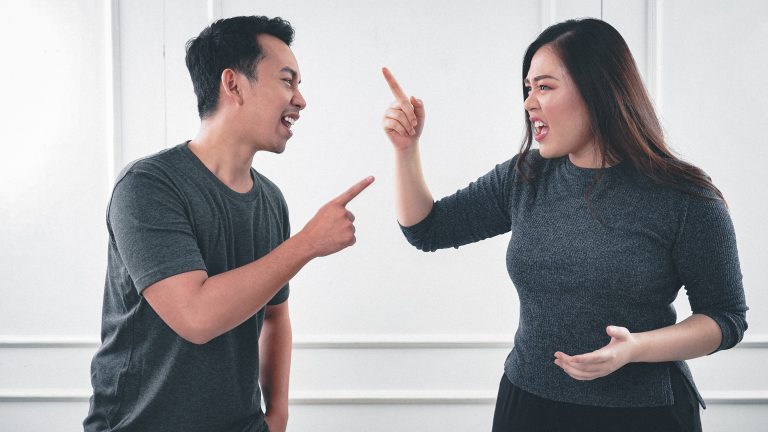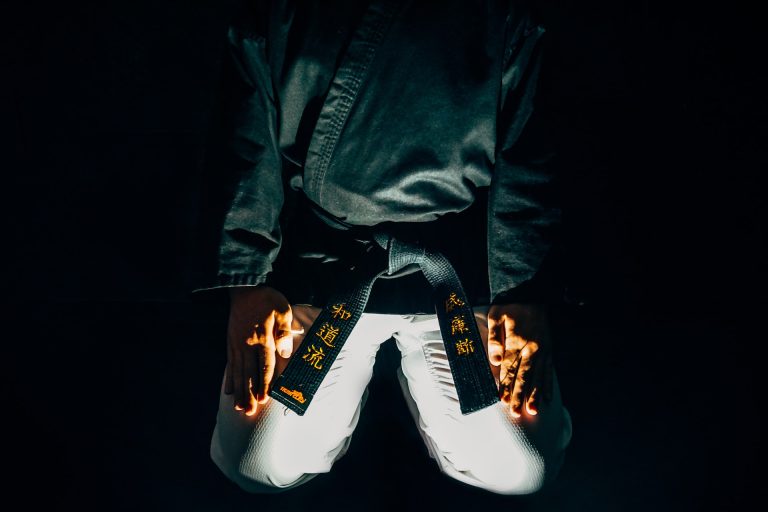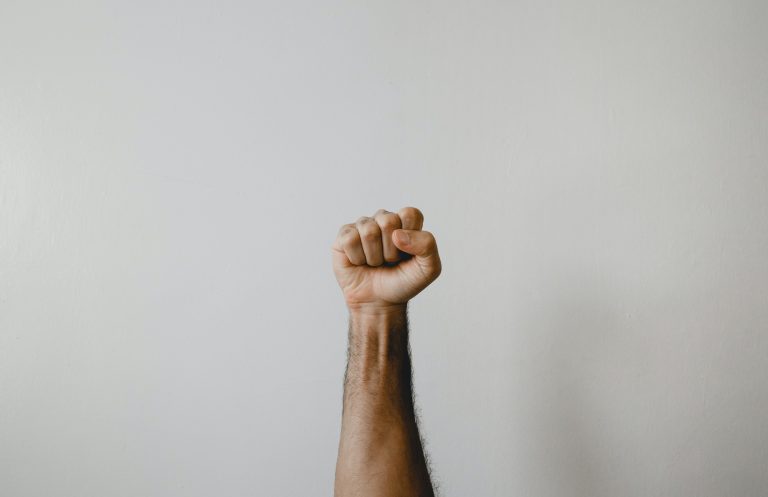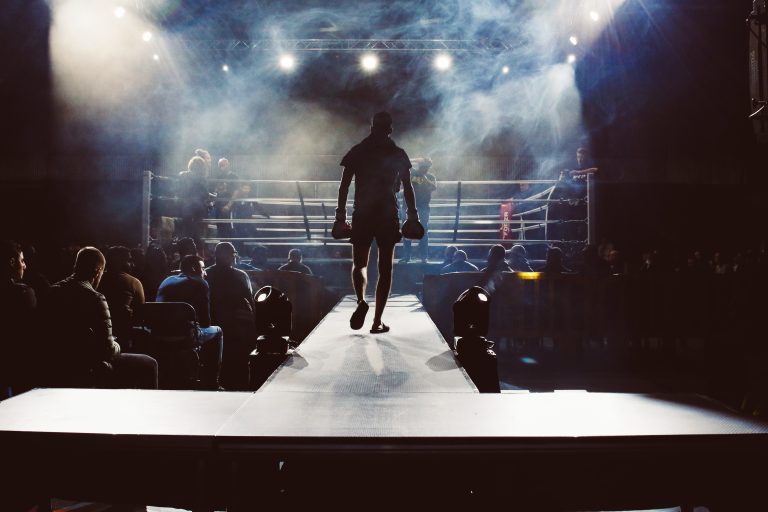Karate and its Role as Effective Self-Defense
Karate is a form of martial arts that originated in Japan and has been practiced worldwide for decades. This form of martial arts combines together hand strikes, knee strikes, kicks, blocks, and other techniques to provide a learner with an effective self-defense system. In this blog post, we will discuss karate and its role as an effective self-defense mechanism.
Karate Basics
Karate practitioners primarily focus on developing physical strength, flexibility, speed, and balance. To achieve this, beginners start with basic stances, such as the horse stance and ready stance, and move on to learning different punches, kicks, and blocks. Karate emphasizes the use of linear movements and economy of motion, which makes it a practical self-defense system.
Karate Techniques as Self-Defense
Karate techniques can be very effective in self-defense scenarios. For instance, the front kick can be used to create a distance between you and your attacker. The sidekick can keep your opponent at bay or disable them if executed correctly. Similarly, the chop or hammer fist can be used to hit vulnerable areas like the nose or chin, which can cause your attacker to lose balance and give you an opportunity to escape.
Moreover, one of the most significant advantages of karate as a self-defense system is that it emphasizes evasion and blocking techniques. The punch block, for instance, can be used to deflect a punch thrown by an attacker, while the low block can be used to neutralize a kick aimed at you. By redirecting the energy of the attacker’s attack, you can protect yourself and gain the upper hand in the confrontation.
Training in Karate for Self-defense
Training in karate can prepare you for self-defense scenarios. In addition to learning how to fight, karate also emphasizes discipline, focus, and mental toughness. Through karate, you can learn how to remain calm and composed in high-pressure situations and even how to avoid conflict altogether.
The best way to learn karate is through structured training programs offered by certified instructors. Joining a reputable karate school can provide you with the opportunity to train with other like-minded individuals and become part of a community that shares your passion for self-defense.
Conclusion
Karate can be an effective self-defense system, but it is essential to remember that it is not a magic solution. It takes years of practice and dedication to become proficient in karate techniques. However, with regular training, you can improve your physical and mental conditioning, and develop the skills necessary to protect yourself in dangerous situations. If you are interested in learning karate, seek out a qualified instructor or school and start your training today.
Karate and its Role as Effective Self-Defense: Answers to Frequently Asked Questions
Karate is a traditional martial art that originated in Okinawa, Japan. Its main goal is to use your whole body as a weapon in defending yourself against an attacker. The techniques taught in karate are simple yet effective, making it a popular choice for those who want to learn self-defense. Here are some frequently asked questions about karate and its role as an effective self-defense practice:
1. What is Karate, exactly?
Karate is a martial art that originated in Okinawa, Japan, and is based on using both hand and foot strikes in defense against an attacker. Karate practitioners are taught to use their entire body as a weapon and to strike with devastating force. The techniques taught in karate focus on developing quick reflexes, physical agility, and mental sharpness.
2. Is Karate an effective self-defense practice?
Yes, karate is a very effective self-defense practice. The techniques taught in karate are designed to allow the practitioner to defend themselves against one or multiple attackers. Karate practitioners are taught to use their whole body as a weapon, including their fists, elbows, knees, and feet.
In addition to physical techniques, karate also teaches mental preparation and awareness. Practitioners learn to recognize potentially dangerous situations and to assess the level of threat they are facing. They also learn how to deal with the stress and adrenaline that comes with a real-life self-defense situation.
3. What are the benefits of learning Karate for self-defense?
There are many benefits to learning karate for self-defense. Here are just a few:
- Improved physical fitness and agility
- Increased self-confidence and self-esteem
- Better stress management skills
- Improved mental sharpness and awareness
- Ability to defend oneself against attackers
- Improved situational awareness and the ability to recognize possible dangers
- Increased discipline and focus
4. How long does it take to become proficient in Karate?
The answer to this question varies from person to person. Becoming proficient in karate requires a lot of hard work, dedication, and practice. Some people may become proficient in just a few months, while for others, it may take several years. The key is to keep practicing and perfecting your technique until you become proficient.
It’s also important to remember that becoming proficient in karate isn’t just about physical technique. It’s also about mental awareness, situational assessment, and the ability to stay calm and focused under pressure.
5. Is Karate an Olympic sport?
Yes, karate is an Olympic sport. It was officially added to the Olympic program for the first time at the 2021 Tokyo Olympics. The sport includes two disciplines: kata (a demonstration of techniques against an imaginary opponent) and kumite (a sparring competition against a real opponent).
6. What is the difference between Karate and other martial arts?
Each martial art has its own unique techniques and focus. The main difference between karate and other martial arts, such as Taekwondo or Judo, is the emphasis on using the whole body as a weapon in striking against an opponent.
Additionally, karate training focuses on developing mental awareness and the ability to recognize and assess possible threats. This training is designed to prepare practitioners to deal with real-life situations.
7. Can anyone learn Karate?
Yes, anyone can learn karate, regardless of age or physical ability. Karate techniques can be adapted to suit the individual’s needs, making it an ideal self-defense practice for people of all ages and abilities.
8. What equipment do I need to practice Karate?
To practice karate, you’ll need a few essential pieces of equipment. These include:
- A karate gi (a traditional white karate uniform)
- A pair of karate gloves (for sparring practice)
- A pair of shin guards (for sparring practice)
- A mouthguard (for sparring practice)
- A headguard (for sparring practice)
Some dojos may provide equipment for students, while others may require students to purchase their own.
Conclusion
Karate is a very effective self-defense practice that anyone can learn. It offers many benefits, both physical and mental, and can help improve your overall fitness and well-being. Whether you’re looking to defend yourself against an attacker or simply want to improve your martial arts skills, karate is an excellent choice. So why not give it a try and see for yourself just how empowering this ancient martial art can be?
Inhaltsverzeichnis






